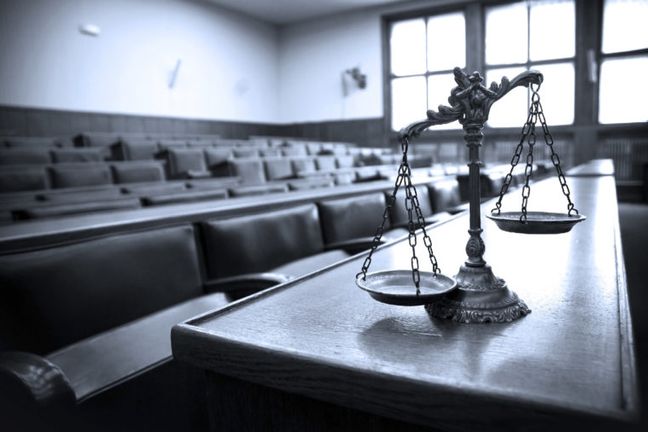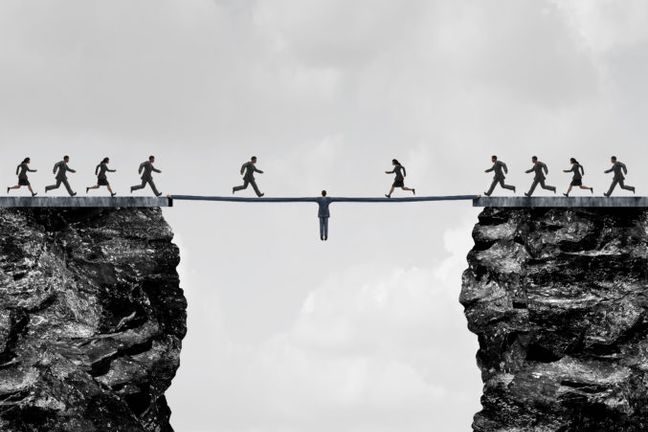Where We Were
It seems like only yesterday (October 2018 to be exact), that litigation attorneys in Florida were buzzing about the Florida Supreme Court’s 4-3 decision in DeLisle v. Crane Co.,[1] which seemed to resolve the question of how courts in the state would analyze the admissibility of expert testimony and evidence. In the DeLisle opinion the Court took a metaphorical red pen through the 2013 Legislature’s efforts to have the admissibility of expert testimony in Florida be analyzed through the lens of the Daubert standard. Instead, the DeLisle opinion threw Florida back in with a minority of States who followed the Frye standard of expert testimony admissibility. Case closed. Issue settled. Right?
Where We Are
Well, a lot can change in less than a year. Specifically, the appointment of three new justices to Florida’s highest court since January 2019. A result of that change is In Re: Amendments to the Florida Evidence Code[2], a 5-2 per curiam opinion in which two of the new justices joined the majority, whereby the Florida Supreme Court reversed its stance on the admissibility analysis of expert testimony in the State.
In the opinion, the Court invoked its exclusive rule making authority pursuant to article V, section 2(a) of the Florida Constitution and decided to recede from the Frye standard, and adopt the Daubert standard for expert testimony as proposed for Florida Rules of Evidence 90.702 and 90.704 by the Legislature in 2013. The Court did not revisit the ruling in DeLisle and instead adopted the Daubert Amendment as a procedural rule of evidence.
What It Means
Under Daubert, it is the trial court’s job to evaluate the proposed expert evidence to be produced and to “ensure that any and all scientific testimony or evidence is not only relevant, but reliable.”[3] Those in favor of the Daubert standard believe the requirement of a trial judge (as opposed to the scientific community), to ensure the relevance and reliability of scientific testimony or evidence will help keep “junk science”, non-verifiable and scientifically unreliable opinions out of the courtroom. The practical effects of this opinion will be that Florida will once again have consistency between the State and Federal Courts with respect to the admissibility of expert testimony, it will promote fairness and predictability in the legal system, and it will cut down on potential forum shopping.
The Court’s opinion changes the manner in which parties will seek to admit or prevent expert testimony from being presented to a jury, but it does nothing to change the continued importance of having a knowledgeable attorney who is arguing issues related to expert testimony and the selection of qualified and credentialed experts to support their case.
[1] DeLisle v. Crane Co., 258 So. 3d 1219 (Fla. 2018). For further analysis, see Tyson & Mendes’ November 2018 Insurance Newsletter covering this issue.
[2] In Re: Amendments to the Florida Evidence Code. 44 Fla. L. Weekly S170a, Florida Supreme Court, May 23, 2019.
[3] See Daubert v. Merrell Dow Pharm., Inc., 509 U.S. 579, 588-89 (1993).

 Author: Haldon Greenburg
Author: Haldon Greenburg
 Cannabis Workers Allege Quota to Trim 4 Pounds a Day Violates the California Labor Code
Cannabis Workers Allege Quota to Trim 4 Pounds a Day Violates the California Labor Code
 The Ninth Circuit Reminds Us: Every Word Matters
The Ninth Circuit Reminds Us: Every Word Matters
 NO WAY, PRO SE! The Consequences of Abusing the Judicial System as a Pro Se Litigant in Colorado
NO WAY, PRO SE! The Consequences of Abusing the Judicial System as a Pro Se Litigant in Colorado
 Victim of Financial Mismanagement or Unlawful Retaliation? New Jersey City University Program Founder Claims School Retaliated After Reporting Alleged Sexual Harassment
Victim of Financial Mismanagement or Unlawful Retaliation? New Jersey City University Program Founder Claims School Retaliated After Reporting Alleged Sexual Harassment
 “Real Housewives” Gets a Reality Check
“Real Housewives” Gets a Reality Check
 Missing a Chapter: Insufficiency of Expert Deposition Testimony in Medical Malpractice Litigation
Missing a Chapter: Insufficiency of Expert Deposition Testimony in Medical Malpractice Litigation
 Crash Course: Why Summary Judgment Misses the Mark in Illinois Multi-Cause Limousine Crash Collision
Crash Course: Why Summary Judgment Misses the Mark in Illinois Multi-Cause Limousine Crash Collision
 Bitter Truths: Lead, Cadmium, and Defective Pleadings in California Chocolate Class Action
Bitter Truths: Lead, Cadmium, and Defective Pleadings in California Chocolate Class Action
 The Law of Unintended Consequences: Including Insurance Brokers in Litigation Strategy Communication May Waive the Attorney-Client Privilege
The Law of Unintended Consequences: Including Insurance Brokers in Litigation Strategy Communication May Waive the Attorney-Client Privilege
 Florida: Judicial Hellhole No More?
Florida: Judicial Hellhole No More?
 Florida Supreme Court Confirms Collateral Source Rule For Defendants
Florida Supreme Court Confirms Collateral Source Rule For Defendants
 Florida Case Law Update
Florida Case Law Update
 Florida Case Law Update
Florida Case Law Update
 Florida Case Law Update
Florida Case Law Update
 Florida Case Law Update
Florida Case Law Update
 Recent Florida Fourth DCA Opinions Highlight Importance of Specific Provisions in Agreements to Arbitration
Recent Florida Fourth DCA Opinions Highlight Importance of Specific Provisions in Agreements to Arbitration